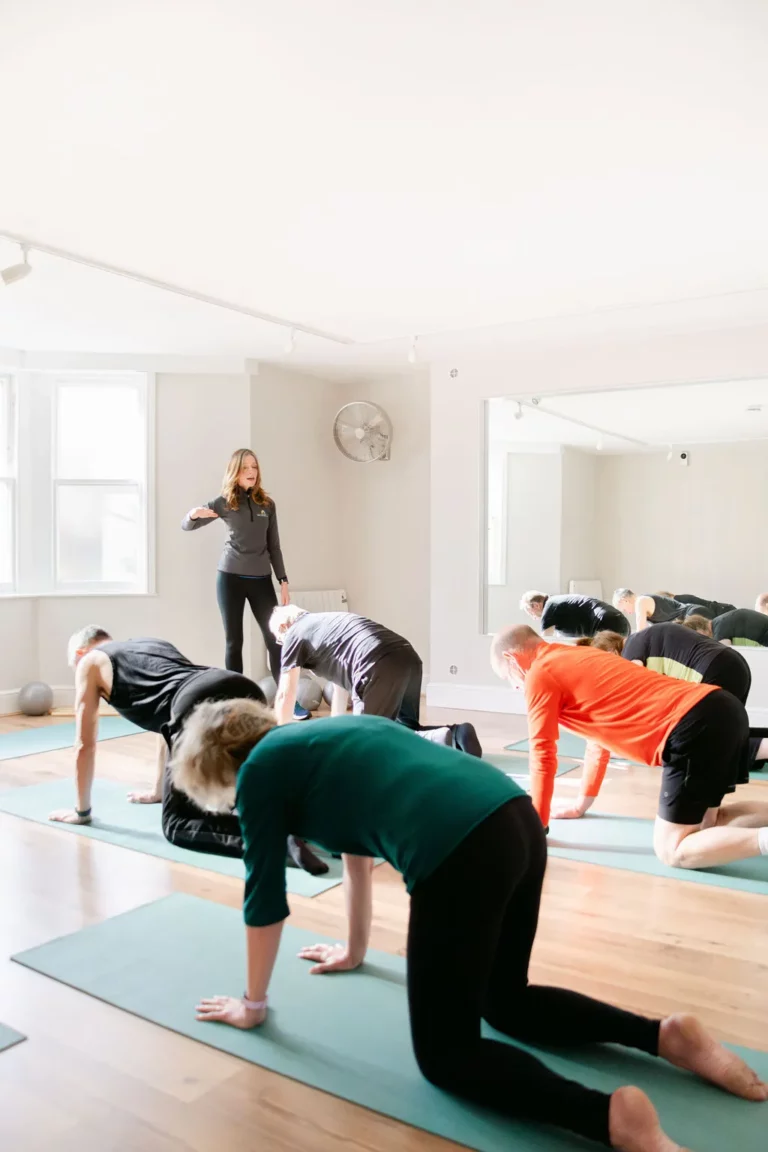The longer this period of lockdown continues, the more we need to consider looking after our mental health as well as our physical.
Stress has two faces; good and chronic. Good stress motivates us, it is short lived. Chronic stress depletes us, in every which way.
The physiological effects of stress are exactly the same, our bodies simply haven’t evolved enough to modify our stress response relative to the stressor. So regardless of the situation, be it a 100m race or a work pressure, our body will react by initiating the stress response.
The stress response is a cascade of neurological and hormonal responses culminating in; a raised blood pressure, an increase in available blood sugar, pupil dilation, rapid breathing and a diversion of energy away from all non essential function, such as digestion.
Now maybe you can understand why your irritable bowel symptoms gets worse when you are stressed?
Regardless of your trigger, you may find you need a little more help to manage your stress during this time.
There are many ways to reduce your stress naturally, but by far the biggest one, requiring no financial outlay what so ever is breathing. So often we find patient’s are hyperventilating (breathing too fast and too shallow), but especially when they report being under stress.
Here are a few tips on managing your stress, naturally:
Breathing
One breathing method you may want to try is the 3 – 4 – 5 method.
- take an inbreath for 3 seconds, hold it for four seconds and breathe out for 5 seconds
- repeat for 5 minutes at least once a day
Get outside
Another way of managing your stress is to get outside. Being in nature has been shown to improve our well being and reduce stress and anxiety. There are even greater benefits to getting outside if you manage to do it earlier in your day. The increase in light level afforded by being outside in the morning, even on a cloudy day, helps regulate our inbuilt sleep – wake clock (our circadian rhythm).
Since sleeplessness goes hand in hand with stress, this simple tip may help settle your internal regulatory systems into a better daily routine.
Be selfish
Make time for yourself, even if it is just for 15 minutes. In that 15 minutes, do something you really enjoy, just for you. This could be; listening to your favourite songs, stand staring out to sea, turn the lights off and sit peacefully in a quiet room, meditate, do the breathing exercise above, take a solo walk. The only rule is it must not involve a tablet, phone or computer.
Supportive herbs
There are a number of natural herbs that can help us to relax. Listed below are two I hadn’t been aware of before I started looking.
Ashwagandha – this natural flower herb has been used for over 3000 years to reduce stress, increase concentration and energy levels
https://www.healthline.com/nutrition/12-proven-ashwagandha-benefits#7
Holy Basil Leaf – is considered “a tonic for the body, mind, and spirit”. Holy Basil is an adaptogen, a natural substance that helps your body adapt to stress and promote mental balance. Scientific research has shown that holy basil has pharmacological properties to help your mind cope with many types of stress.
https://www.healthline.com/health/food-nutrition/basil-benefits#body-benefits

